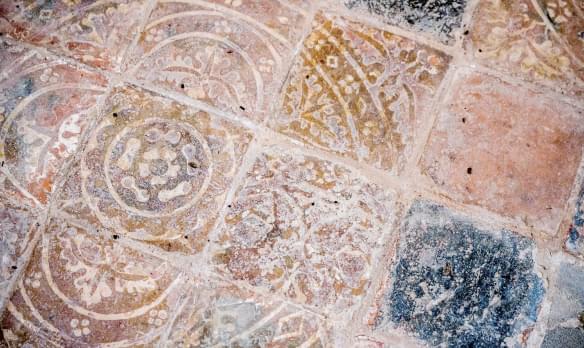
St James
North Newnton, Wiltshire | SN9 6LA
Drink in the atmosphere, enjoying free hot & cold drinks anytime in our iconic, peaceful, inspiring, welcoming church, by a precious Wiltshire chalk stream in the beautiful Vale of Pewsey.
Search for a fascinating place to visit, or see the variety of churches, chapels and meeting houses we have supported.

North Newnton, Wiltshire | SN9 6LA
Drink in the atmosphere, enjoying free hot & cold drinks anytime in our iconic, peaceful, inspiring, welcoming church, by a precious Wiltshire chalk stream in the beautiful Vale of Pewsey.

Idmiston, Wiltshire | SP4 0AU
Fearsome gargoyles and medieval carvings.
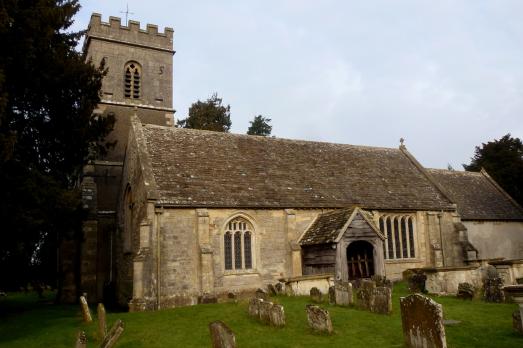
Elmore , Gloucestershire | GL2 3SP
A Grade I listed church with ancient chests inside and table top tombs outside.
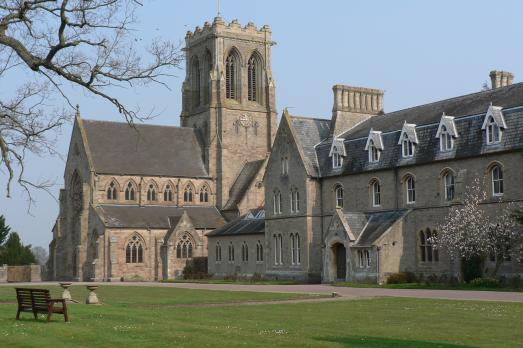
Belmont, Herefordshire | HR2 9RZ
Benedictine monasticism was part of the landscape of medieval Britain, but the Dissolution of the Monasteries brought an end to monastic life in England and Wales.
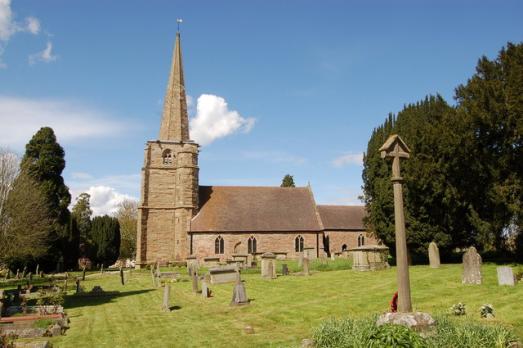
Linton, Herefordshire | HR9 7RX
St Mary’s church sits high in the centre of Linton amidst glorious Herefordshire countryside and has a fascinating history.
We have supported this church
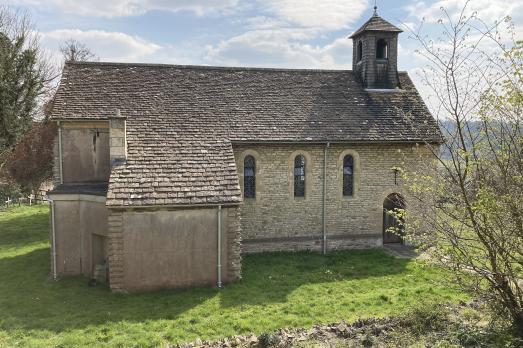
Brownshill, Gloucestershire | GL6 8SW
The chapel is idyllically sited overlooking the Toadmoor Valley, the site is made more poignant by the run of identically sized memorial crosses which mark the graves of Bertha and Katherine and a number of local Catholic priests, monks and laymen and women.

Manningford Bruce, Wiltshire | SN9 6JW
The Grade I church is situated off the main road away from the village.

Boscombe, Wiltshire | SP4 0AJ
The Grade I church is built in flint and rubble with 14th century nave and chancel.

Crudwell, Wiltshire | SN16 9EP
The Grade I church is mainly 12th and 13th century.
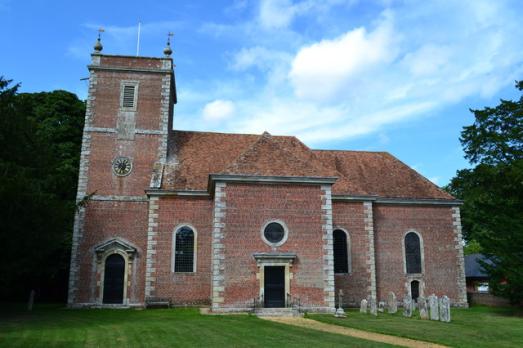
Farley, Wiltshire | SP5 1AH
Our beautiful rural church is thought to be the only Wren church outside of London.
We have supported this church
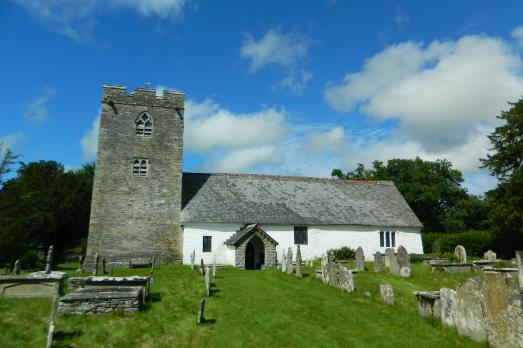
Disserth, Powys | LD1 6HR
This is one of those extraordinarily atmospheric churches that escaped the Victorian improvers.
We have supported this church

Cholderton, Wiltshire | SP4 0DB
This remarkable church was built in 1840-50 by Wyatt & Brandon for the Reverend Thomas Mozley, Cardinal Newman’s brother in law.